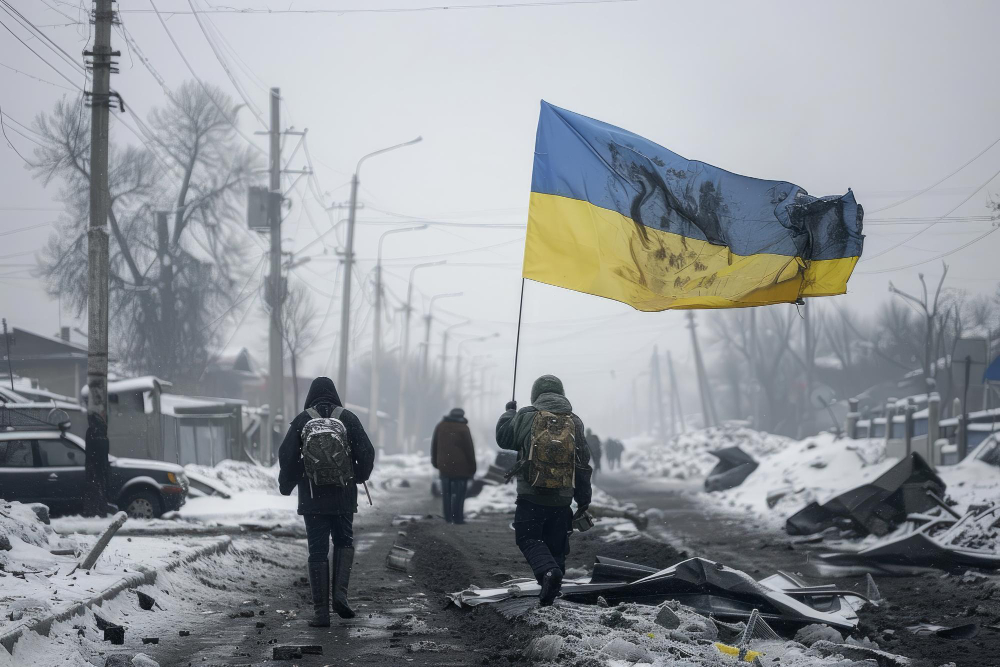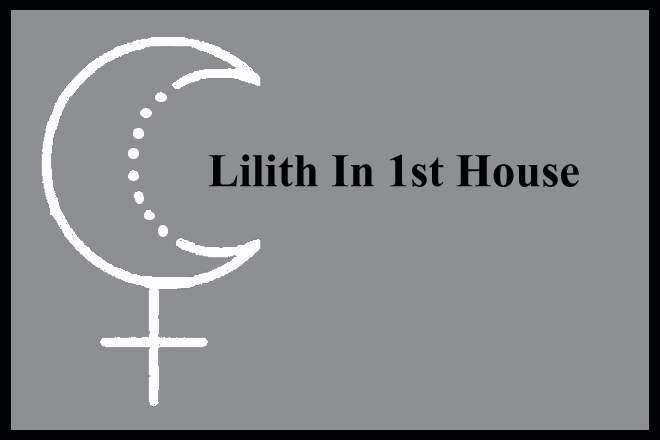Ukraine War Briefing: Biden Permits Long-Range Strikes
The Public News
Date: September 11, 2024
In a significant announcement, President Joe Biden revealed on Tuesday that his administration is actively exploring the possibility of easing restrictions on Ukraine’s deployment of long-range weapons against Russia. This decision is part of the continuous endeavors to provide support to Ukraine in its enduring conflict with Russia, which has persisted for over 930 days.
Key Developments:
- Biden’s Announcement:
- President Biden confirmed that the U.S. is actively considering allowing Ukraine to employ long-range weaponry to strike inside Russian territory. This marks a potential shift in the U.S. policy, which had previously withheld approval for such actions.
- Diplomatic Engagements:
- U.S. Secretary of State Antony Blinken is scheduled to discuss this issue with Ukrainian President Volodymyr Zelenskiy during his visit to Ukraine today. Blinken’s visit coincides with that of UK Foreign Secretary David Lammy, highlighting the coordinated international support for Ukraine.
- UK Prime Minister Keir Starmer will meet President Biden in Washington on Friday, indicating ongoing high-level diplomatic efforts.
- Military Support:
- The UK and France have already been supplying Ukraine with Storm Shadow and Scalp-EG cruise missiles. The inclusion of U.S. technology could further bolster Ukraine’s military capabilities.
- The UK has terminated all direct air services with Iran as part of sanctions imposed due to Tehran’s supply of missiles to Russia. This move, coordinated with international partners, aims to restrict Iran Air’s operations.
- Sanctions and International Response:
- The U.S., UK, Germany, and France are preparing to impose new sanctions on Iran. These measures include canceling bilateral air service agreements and targeting individuals and organizations involved in the supply chains that support Russia’s military efforts.
- Russia has reportedly received ballistic missiles from Iran, which are expected to be deployed in Ukraine within weeks.
- Ground Conflict:
- Russian forces have claimed advancements in eastern Ukraine, covering 1,000 square kilometers in August and September. The Institute for the Study of War noted positional engagements continuing in various regions, including western Zaporizhia and north-east Kharkiv.
- Ukrainian forces have made gains near Siversk and hold positions in challenging sectors such as Pokrovsk and Kurakhove.
- War Crimes and Legal Actions:
- Ukraine’s Prosecutor General Andriy Kostin stated that Kyiv suspects a senior Russian air force commander of ordering a missile strike on Okhmatdyt Children’s Hospital in July, which resulted in fatalities and extensive damage. The International Criminal Court has already issued an arrest warrant for the individual.
- Energy and Winter Preparedness:
- Prime Minister Denys Shmyhal announced that Ukraine is finalizing talks with European partners to increase its power import capacity from 17 to 22 gigawatts ahead of the harsh winter season.
- Cultural Diplomacy and Propaganda Concerns:
- Ukrainian diplomats and activists are calling on the Toronto International Film Festival (TIFF) to cancel screenings of the documentary “Russians At War,” directed by Anastasia Trofimova. They allege that the film serves as Russian propaganda and raises concerns due to its portrayal of Russian soldiers in Ukraine. The request to cancel the screenings comes amid growing controversy and debate surrounding the documentary’s content and potential impact.
The geopolitical landscape surrounding the conflict between Russia and Ukraine continues to evolve as international actors work to navigate the complex situation. Secretary Blinken’s discussions with President Zelenskiy and upcoming meetings between leaders are expected to bring further updates as the situation remains dynamic.



















